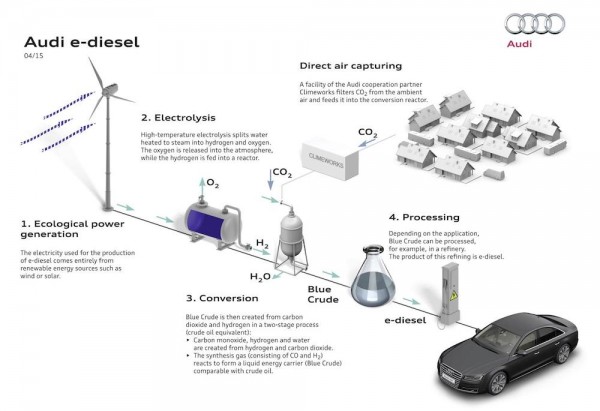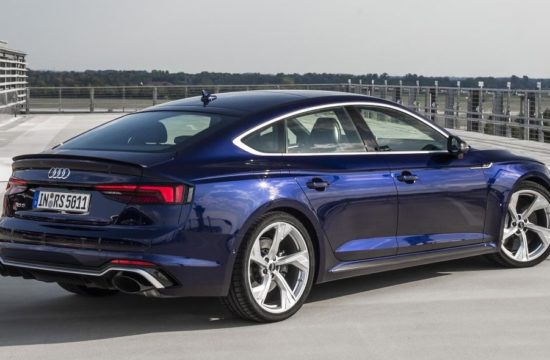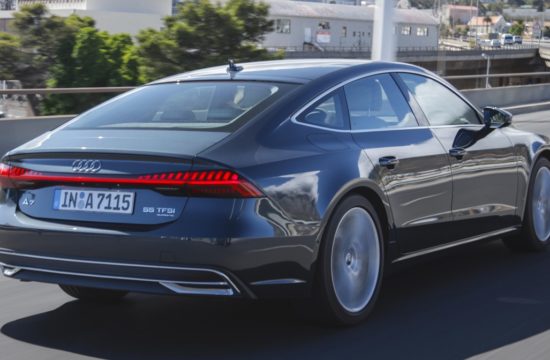Audi is not exactly known as a car company hellbent on destroying the Ozone layer with their gas-guzzling supercars. But even so, they have gone to an enormous length to develop a new kind of synthetic fuel called Audi e-diesel. The prototype fuel, as it were, was announced appropriately enough on Earth Day.
Audi e-diesel is a significant achievement for a number of reasons, chief among which the fact that it has no need for mineral oil. Another reason is that instead of making bundles of harmful CO2 gas, this fuel actually uses it. It is made from water, CO2 and green power, and even that Co2 is supplied by a biogas facility, but it can also be extracted from the ambient air by means of direct air capturing, a technology of Audi’s Zurich-based partner Climeworks.
The invention of Audi e-diesel shows once again what German scientists are capable of accomplishing when given a direct order and the means to achieve it. It is the result of a pilot project initiated in Dresden, Germany, where not that long ago scientists used to make advanced weapons for the Wehrmacht! A parallel project has already been launched to create synthetic petrol or Audi e-gasoline.
Here’s a brief description of the method used to create Audi e-diesel:
First, water heated up to form steam is broken down into hydrogen and oxygen by means of high-temperature electrolysis. This process, involving a temperature in excess of 800 degrees Celsius, is more efficient than conventional techniques because of heat recovery, for example. Another special feature of high-temperature electrolysis is that it can be used dynamically, to stabilise the grid when production of green power peaks. In two further steps, the hydrogen reacts with the CO2 in synthesis reactors, again under pressure and at high temperature. The reaction product is a liquid made from long-chain hydrocarbon compounds, known as blue crude. The efficiency of the overall process – from renewable power to liquid hydrocarbon – is very high at around 70 percent. Similarly to a fossil crude oil, blue crude can be refined to yield the end product Audi e-diesel. This synthetic fuel is free from sulphur and aromatic hydrocarbons, and its high cetane number means it is readily ignitable. As lab tests conducted at Audi have shown, it is suitable for admixing with fossil diesel or, prospectively, for use as a fuel in its own right.










